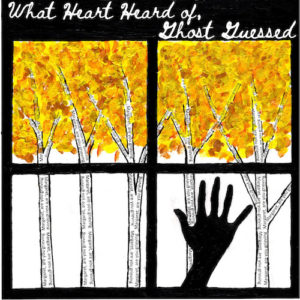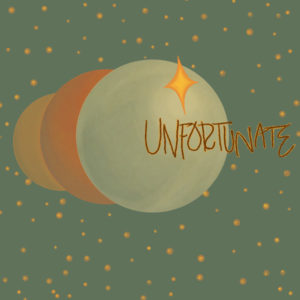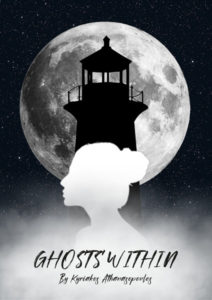
See here for my IFComp 2021 scoring and reviewing rubrics.
The headline for Closure by Sarah Willson is “An ill-advised sad teen heist.” That truly is an appropriate summation for this quick and tidy parser game.
Closure opens with a Mad Libs series of questions (“What’s an activity you like doing around the house on a day off?” and so forth) before launching straight into the situation at hand. You receive a text message from your friend Kira:
i did something totally cool and normal that you will definitely not disapprove of
i'm in TJ's dorm room right now
TJ being Kira’s ex-boyfriend, naturally, who is away for the afternoon. Kira is Watergating his room to reclaim an old photo from when they were a couple. Kira texted you because she needs your help searching for said memento.
The innovation here is to use an interactive fiction parser as an SMS interface, where your commands are not actually instructions for the story’s “you,” but rather for Kira as she frantically ransacks TJ’s dorm room. All of my commands received character-appropriate responses from Kira rather than the flat, characterless responses typical for text adventures (although I didn’t try anything too wacky). Even when I got a touch stuck, the hint system remained in character:
>hint
you're asking me? that's why i texted you in the first place!
ok, let's see
if it were me, i'd probably…
Another nice interface touch: When Kira sends multiple messages to you in succession, you have to press a key to receive each one. It’s a clever way of emulating the natural pauses when texting.
There’s a Rorschach test within Closure: My first command to Kira was LEAVE, which she promptly refused. I betrayed my principles and began assisting her in her search. The game’s setup makes you complicit. I felt a bit guilty throughout my session.
Most everyone has been in this situation, or at least knows someone who was—well, maybe not texting while breaking-and-entering, but madly jealous and forlorn, along with the concomitant regrettable decision-making. There’s not a lot of time for character development or nuance in Closure; it’s Kira’s hyper-focused mindset and the frisson of her situation which sustains interest.
Is there room for improvement? I suppose so, but I admire the minimalism of the project: You’re dropped into the situation, you navigate Kira through it, and you witness a transformation. It’s not deep, nuanced stuff, but it doesn’t purport to be. Closure is more like a breezy short story, a slice-of-life, than a full-bodied, novella-like game. It can be finished over a short lunch.
I confess: Within twenty seconds of opening Closure, I thought, “This isn’t my kinda game.” The pleasant surprise was its constrained scope and smart design choices drawing me into Kira’s little adventure.





